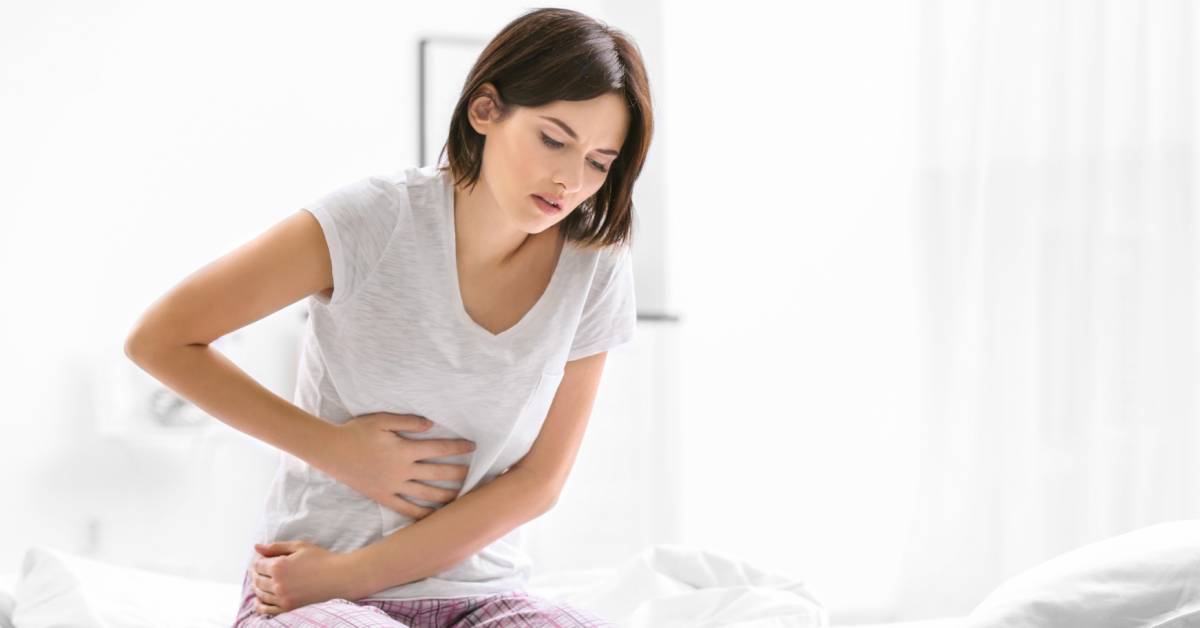What is Anxiety?
“Anxiety is a feeling of fear, dread, and uneasiness. It might cause you to sweat, feel restless and tense, and have a rapid heartbeat. It can be a normal stress reaction. For example, you might feel anxious when faced with a difficult problem at work, before taking a test, or before making an important decision” Many of its worst symptoms, like depression, or problems eating or sleeping, can be managed with different treatment options.
Types of Anxiety Disorders
Many kinds of anxiety disorders could result in uncomfortable physical side effects, including:
- Agoraphobia is where you experience fear and avoid places or circumstances that might result in panic and feeling embarrassed, helpless, or trapped.
- Generalized anxiety disorder features persistent and extreme anxiety and concern about activities or happenings — even daily, routine chores. The worry is disproportionate to what’s happening, is tough to control, and affects your sense of physical wellbeing. It’s often paired with depression or other anxiety disorders.
- If you have panic disorder, you may experience repeated episodes of unexpected feelings of extreme anxiety, panic, or terror that peaks within minutes and leads to panic attacks. You may have a sensation of imminent doom, shortness of breath, discomfort in your chest, or a fast, fluttering, or throbbing heartbeat. Such panic attacks can make you worry they’ll happen again and avoid situations where they occurred before.
- Separation anxiety disorder happens during childhood and is characterized by extreme anxiety for where a child should be developmentally and linked to separation from parents or others who have guardian roles.
- Social anxiety disorder (also known as social phobia) presents high levels of fear, anxiety, and avoidance of social engagements because of feelings of self-consciousness, embarrassment, and worry you’ll be judged poorly or look bad in someone’s eyes.
Can Anxiety Cause Stomach Pain?
If you’re nervous or have a fast heartbeat, you feel the consequences of anxiety and stress in different ways. One symptom is stomach aches. Anxiety can make symptoms of abdominal cramps worse and result in pain which can make you feel like you’re going to be sick. Anxiety and more severe anxiety disorders can result in stomach pain, with symptoms often treatable through psychotherapy, over-the-counter pain medicine, or something like ketamine.
What causes anxiety? There could be a medical problem, like heart disease, breathing disorders, or an underlying medical condition you’re unaware of.
Anxiety Risk Factors
- You’re temperamental or shy as a child or exhibited behavioral inhibition
- Early childhood or adulthood was rife with exposure to traumatic and bad life or environmental episodes
- There’s a history of anxiety or mental illness in blood relatives
Specific physical health ailments like thyroid problems, heart arrhythmias, caffeine, or substance or medication misuse can worsen symptoms. A physical examination is beneficial in the investigation of a possible anxiety disorder.
Besides stomach pain, anxiety can result in or worsen other physical or mental concerns, such as:
- Depression (which is often paired with an anxiety disorder) or another mental health issue
- Substance misuse
- Problems sleeping, including insomnia
- Digestive or gastrointestinal difficulties
- Chronic pain and headaches
- Social distancing
- Trouble getting along at work, school, or home
- Lower quality of life
- Suicide risk
Stomach pain caused by stress or anxiety shouldn’t be ignored, as it could lead to something worse.
Diagnosis and Treatment
Because stomach pain could have multiple causes, the diagnosis could include:
- A physical health examination. This is where your doctor may perform tests or diagnostic procedures to confirm or rule out a possible medical reason for your stomach pain.
- A mental health evaluation, during which a mental healthcare specialist will explore your thoughts, feelings, and behavior. You’ll be asked about your personal and family history of anxiety and whether any blood relatives exhibited stomach pains as a result. Your symptoms may also be compared to criteria in the DSM-5.
Treatment for stomach pain and anxiety may include pain relievers or other therapy.
Final Thoughts
If you have stomach pain from anxiety, don’t wait until it becomes debilitating or results in other physical or mental conditions. With care and proper treatment, symptoms of anxiety disorders like stomach cramps can be relieved. Over 80% of our patients report that their feelings of anxiety were at least cut in half after a series of ketamine infusions. Contact us today to learn more about our innovative new treatments.
